
Artists have previewed unreleased songs at live performances and with radio stations for decades, but thanks to the rise of TikTok and a handful of successful DIY social media campaigns — Lil Nas X’s heavily teased and memed efforts for “Old Town Road” on Twitter and Triller is an early example — the practice has become de rigueur for artists. And not everyone thinks it’s good business.
What started as a low-cost method for unsigned talents to casually test audience reaction and build up streaming service pre-saves to their songs is now the norm for even household names hoping to break their next hit before committing to a release date on streaming platforms like Spotify and Apple Music. The Billboard Hot 100 contains ample proof of the method’s success: SZA earned her first solo top 10 debut with her 2021 single “I Hate U,” and Charlie Puth peaked at No. 27 with “Light Switch” earlier this year, as did Jack Harlow’s first No. 1 debut with “First Class.” Each of those established artists teased the songs on TikTok first, as did newcomer GAYLE, whose unlikely Hot 100 No. 1 hit, “abcdefu,” started as an acoustic performance video that took off online before the single’s official release.
These teases come in many forms. Some are as simple as a selfie video, asking fans for feedback on a newly made track. Others are more involved. With “Light Switch,” for example, Puth walked his fans through making the song, from laying down his vocal harmonies to sampling the snap of an actual light switch.
And though the teases began as a form of guerrilla marketing, labels have become increasingly reliant on their use to choose singles and break records. Lucas Keller — a critic of the practice and founder of management firm Milk & Honey — paraphrased a major-label president, who recently told him that teasers are now a “major part of their marketing strategy.” The executive also advised Keller, who manages a number of top producers, to “fall in line with it.” Keller’s claim is bolstered by complaints on social media from such artists as FKA Twigs, Charli XCX, Florence Welch and most recently Halsey, who took to Twitter on May 23 to claim that her label, Capitol Records, “won’t give [her] a release date at all” if she does not reach “some imaginary goalpost of views or virality” on their latest song on TikTok, prior to its official release.
Asked for comment, a Capitol Music Group representative told Billboard, “Our belief in Halsey as a singular and important artist is total and unwavering. We can’t wait for the world to hear their brilliant new music.”
Teasers and previews have also become a point of contention with the songwriters and producers Keller works with because, he says, they put his clients’ earning potential at considerable risk.
Many artist teams neglect to lock in songwriter splits and producer fees before teasing a song, leaving such collaborators in a situation where their compensation is tied to the performance of the preview. If the song blows up, these creators may be able to bargain for higher fees and splits. But if the track fails to catch fire, the song won’t be released.
This is where the real disparity between artists and songwriter-producers comes into play, says Benjamin Groff — founder of Brill Building Publishing. While “the artist still has gained followers, created additional exposure and may have even gotten a record deal” from trying out the song, the songwriters and producers are left uncompensated and uncredited.
Though dropping a teaser on TikTok is not perceived to be as official as releasing the song to audio streaming platforms, legally speaking, it is similar. The social app has licensing agreements in place with all the major music companies and the National Music Publishers’ Association to pay out for the use of music on TikTok. Uploading a song for the first time to the app requires a first-use mechanical license just like any other streaming service — a strong argument, Keller says, that songwriting agreements and production fees should be settled in advance, and that producers should be paid as soon as a TikTok teaser of their song goes live.
But in many cases, splits and fees are not determined ahead of time, leaving songwriters and producers vulnerable to the “try before you buy” process, as it has been dubbed in the industry. “Sometimes you see songs die on a hard drive because of the results of a TikTok that was up for 48 hours and [wasn’t viral enough],” says Christian Johnson, Hipgnosis senior director of A&R and manager for production team The Monsters & Strangerz.
These “dead copyrights,” as Groff calls them, are especially damaging to songwriters and publishers when they circulate “pitch” records (songs that are often pitched to multiple artists in hopes of finding a match) and to producers sending out folders of hip-hop beats. Occasionally, artists will share a recording of a pitch record online before the song has been fully claimed. In a worst case scenario, if the song doesn’t stick and the artist dumps it, the song may be seen as damaged goods by other acts.
“Nobody wants another artist’s sloppy seconds,” says attorney Todd Rubenstein. In an age where fans are often led to believe that their favorite artists writes their own music, all other interest in cutting the track evaporates. “It’s hard to get the genie back in the bottle,” says Groff, especially when viewers start to use the song in their own user-generated content.
There is a flip side, however. Teasing a track without agreements in place can also work against an artist. If an unreleased, uncleared song goes viral, now the songwriters and producers can negotiate with the artist for a bigger payday because they have the ability to withhold the song from a full release. But as This Is Noise Management founder Dan Petel explains, exerting excessive leverage risks putting songwriters and producers in an adversarial position with collaborators that can negatively affect future business. “Some people might say that’s great,” he says. “But that’s not the kind of relationship I want to have with record labels and artists.”
Now that teaser campaigns have become a standard part of labels’ marketing and promotion tool kit, the question remains: What can be done to protect producers and songwriters from the pitfalls of song teasing? There aren’t many answers at the moment, but Keller, Petel and others say they are contemplating solutions. One source suggests that songwriters and producers be paid a “kill fee” when a previewed song does not get a full release. Others interviewed for this story say they are hesitant to ask for any change at all for fear of retribution from artists and labels.
“TikTok has done such a great job of taking music and injecting it into people’s lives. I think we all embrace that,” says Petel, echoing sentiments also expressed by Johnson, Groff, and Keller. “But now, we need to find a system for this that takes care of everyone. Our industry needs to adjust.”
[flexi-common-toolbar] [flexi-form class=”flexi_form_style” title=”Submit to Flexi” name=”my_form” ajax=”true”][flexi-form-tag type=”post_title” class=”fl-input” title=”Title” value=”” required=”true”][flexi-form-tag type=”category” title=”Select category”][flexi-form-tag type=”tag” title=”Insert tag”][flexi-form-tag type=”article” class=”fl-textarea” title=”Description” ][flexi-form-tag type=”file” title=”Select file” required=”true”][flexi-form-tag type=”submit” name=”submit” value=”Submit Now”] [/flexi-form]
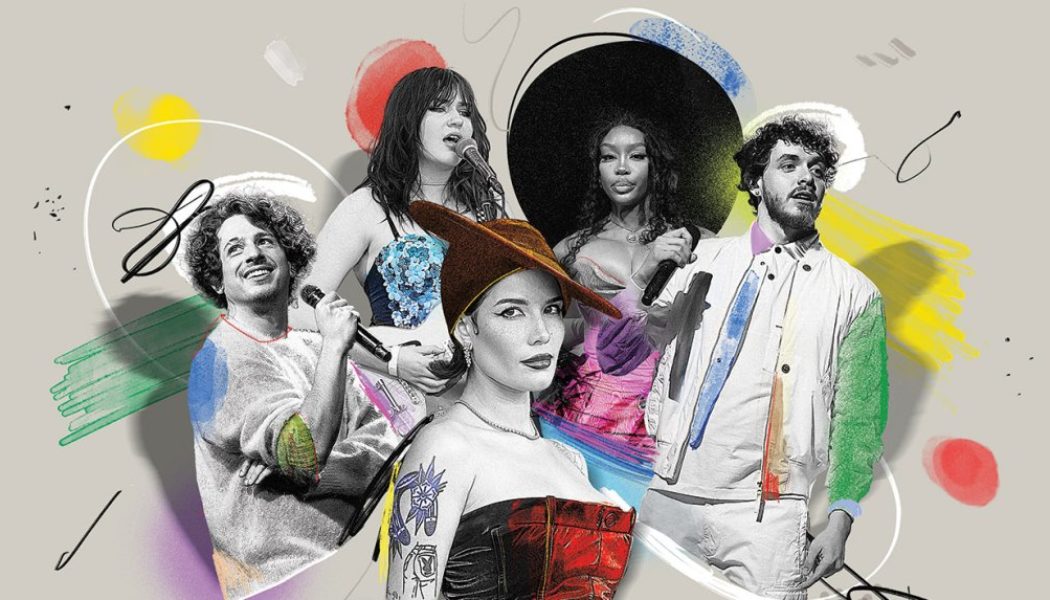
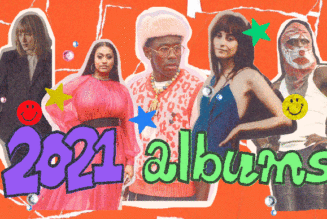
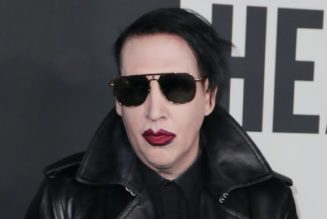

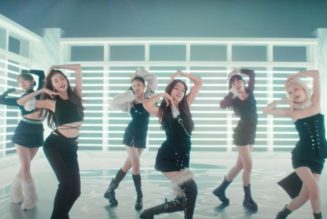




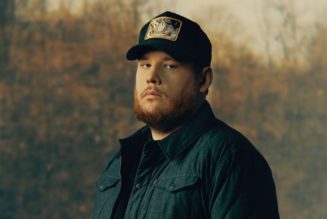
Tagged: business, entertainment blog, marketing, music blog, Music Licensing, Producer, Publishing, Songwriter, TikTok